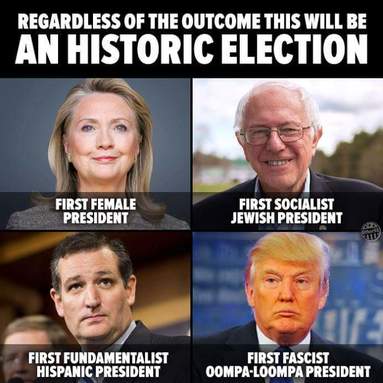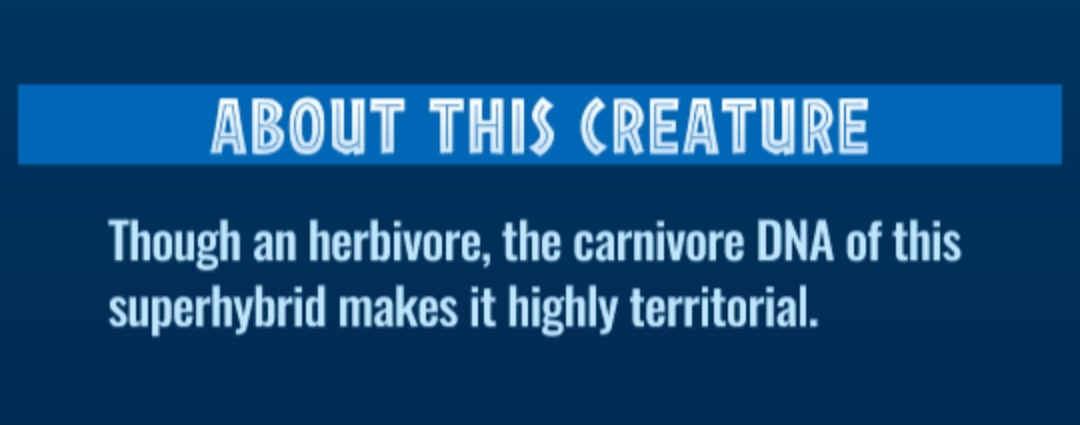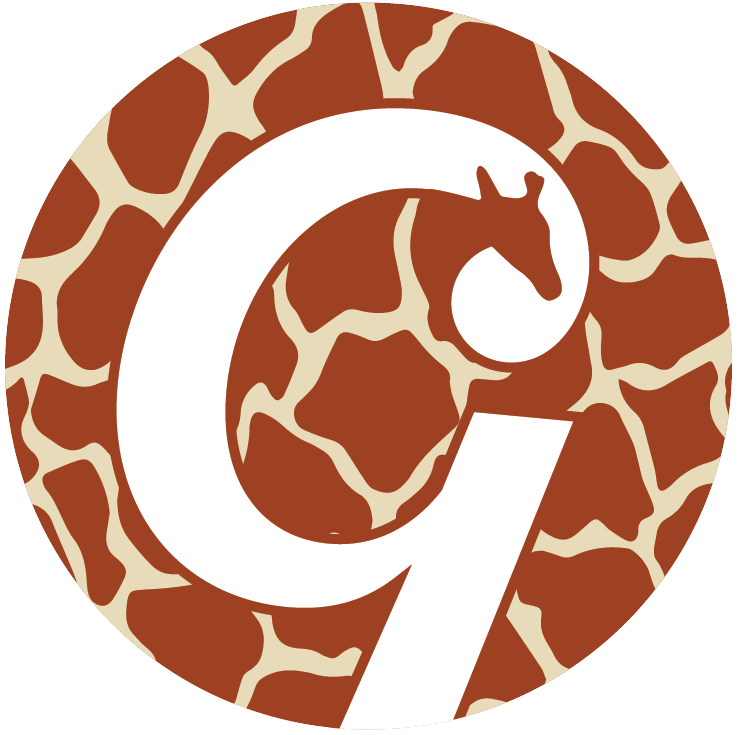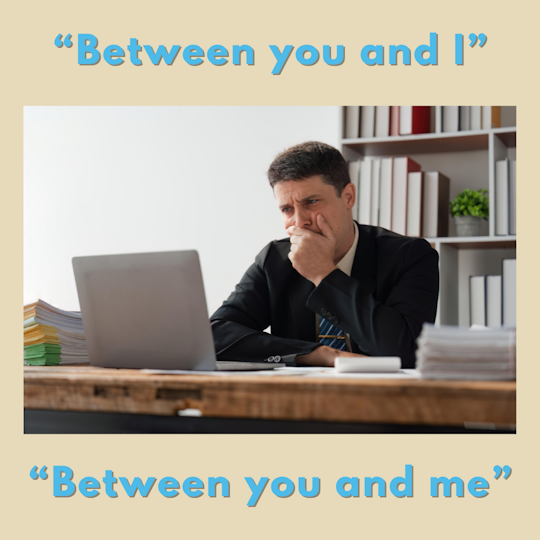Do you ever write social media posts and think to yourself “I wish I knew the difference between these two”? You’re not alone. This post will cover three of those scenarios and will make the distinction clear.
Contents:
That vs Who
On the most part, this one is pretty clear-cut. But, as with past topics, we’re going to look at the what ifs as well.
In a nutshell, we use that when talking about objects and who when referring to people.
That:
- The super sick Skyline that my friend bought last week
- The house in the mountains that they say is haunted.
Who:
- The unfriendly old man who used to live next door
- The survey was sent to many Australians who held the same views on the issue.
Let’s look at more examples that aren’t as clear cut:
- It was the Australian Government that introduced GST.
We all know that the government is made up of people, however, in this context, we’re referring to the government as an entity, as opposed to referring to people, which is why that is used here.
- The football team that everyone supported
Same deal with this one. Yes, the team is made up of people, but we’re referring to the team as a whole, therefore that would be the go here.
- Most of the football team’s players that were top goalscorers were in attendance.
Ooh, we’re talking about people this time. The players who were top scorers.
- The group that went shopping.
Wow, this one is like a mix of the two. On one hand, we’re assuming we’re talking about a group of people, as opposed to a collection of wooden furniture roaming aimlessly around a shopping centre. On the other, we’re referring to a group. Do we use that or who? The answer is: use your own judgement! Personally, I would use who as it’s pretty clear we’re referring to people, but if you used that, it wouldn’t be wrong.
Consider also that when you use that, you’re having less of a connection to people. The group that went shopping. It’s just a group of people. A group = that. However, if the people who were going shopping were your family members, you most likely have more of a connection with them. People = who. This ties in well with my final thought on this topic:
- I love my dog who is an adorable German Shepherd
- It was my cat that sat on the mat.
Which one is correct? Answer: they both are. It’s personal preference on whether you identify your pets as a that or as a who. While pets aren’t people (at least, I hope not), do you perceive them to be property or as a member of your family? Think about that one. You may not share the same sentiment though if you saw some sheep in a paddock as you’re driving down the road:
- I saw a sheep in a field that had black markings down its side.
However, if you’re the farmer who has this sheep as part of his flock, you may well refer to the sheep as a who. Like I said, it’s all to do with perception and personal preference.
I vs Me
I’m sure in school you would have written a sentence like ‘Me and Jane went to the park’ and your teacher would have corrected you saying it should be ‘Jane and I went to the park’. Now, while this is correct, we cannot use this as a blanket rule as there are some situations in which I would be incorrect! In sentences like above where you are the subject of the sentence, then yes, I is correct. However, if you are the object in the sentence, you use me:
- Management will discuss it with you and me later
- The dog followed Claire and me down the road
Me is correct in these examples and not I and here’s how you can tell. Consider taking the other person out of the equation. Now, does I or me make sense? Let’s try it out:
- Management will discuss it with me later
- Management will discuss it with I later.
That first one makes sense. The second one, not so much. Management is the subject of the sentence and you and me are the objects, therefore it cannot be ‘Management will discuss it with you and I later’.
Exactly the same with the dog example:
- The dog followed me down the road
- The dog followed I down the road.
That second one doesn’t sound right at all does it? Therefore we know that ‘The dog followed Claire and I down the road’ must be wrong. The only time I would work is if you were the one doing the following!
- Claire and I followed a dog down the road.
A common phrase which contains this error is ‘Between you and I’. This should be ‘Between you and me’. Why? Because you wouldn’t say ‘Between I’, would you? You would say ‘Between me’. Life hack: put yourself first: Between me and you. You wouldn’t say ‘Between I and you’. No, that sounds ridiculous.
If you have any questions, please see Chris or I. No; Chris or me, otherwise you are saying ‘please see I’ which does not make much sense.
Nickelback are unfortunately guilty of the You and I error in their song, Satellite:
Cause life slips by without a warning
And I’m tired of ignoring all the space that’s between you and I.
For further clarification, let Dilbert explain this for you:

A vs An
When you were growing up, you would have been taught that you say ‘an elephant’, ‘an egg’, ‘an anorak’, as opposed to ‘a elephant’, ‘a egg’, ‘a anorak’. Or if you’re saying ‘the’ instead of ‘an’, then you pronounce the ‘the’ as ‘thee’. Thee elephant, thee egg, thee anorak. And the reason we do this is because the words ‘elephant’, ‘egg’, and ‘anorak’ all start with a vowel, right? Right? Wrong! Although the words start with a vowel, the reason we do this is because the word starts with a vowel sound.
Those three words start with a vowel and happen to start with a vowel sound. But what about words that start with a vowel but aren’t pronounced as a vowel?
- Unicorn
- University
- European
- Euphemism
- One
All of these may start with a vowel, but aren’t pronounced as such when you say them and have a consonant sound. All but the last one start with a Y sound. Go ahead, say them out loud. So all of these words would use ‘a’ in front of them, as opposed to ‘an’:
- She’s a European exchange student he had the hots for
- My niece has a unicorn fascination
- I’m giving you a one out of ten for your dish.
Don’t believe me? Try saying ‘an’ instead. An unicorn? An euphemism? That just sounds funny doesn’t it? Just as funny as an computer, or an pen.
On the contrary, some words that don’t start with a vowel are pronounced as a vowel sound!
- At my new job, we get an hour for lunch
- He was an honourable knight
- I’ve seen your ad for an HC driver
- I have an RDO next Thursday
- I need to consult with an SME
- I got an F in Literature because I kept getting distracted by a European exchange student.
Don’t believe me? Try saying ‘a’ instead. A honourable knight. I take a hour for lunch. Doesn’t sound right does it? We at Let’s Eat Grammar think so too.
Don’t forget that when using ‘the’ before the word, you pronounce it as ‘thee’, e.g. thee honourable knight, thee HC driver vacancy, thee hour that I have off work.
With these three, they start with an H, but when you say them aloud, hour and HC start with an A sound and honourable starts with an O sound. But what about when a word starting with H is actually pronounced as an H? That’s right. It becomes an, like we saw above. Let’s look at two incorrect examples:


Notice that I said an H, twice before. This is clear proof that aitch is pronounced aitch and not haitch! #spreadtheword
Other H words that follow the same rule:
- Horror
- Hotel
- Horses
- Hair
- Honey
Other H words that do not follow the same rule:
- Honorary
- Heir
In fact, there really aren’t that many H words that start with a silent H, so most likely you’ll use ‘a’ in front of a word starting with H.

